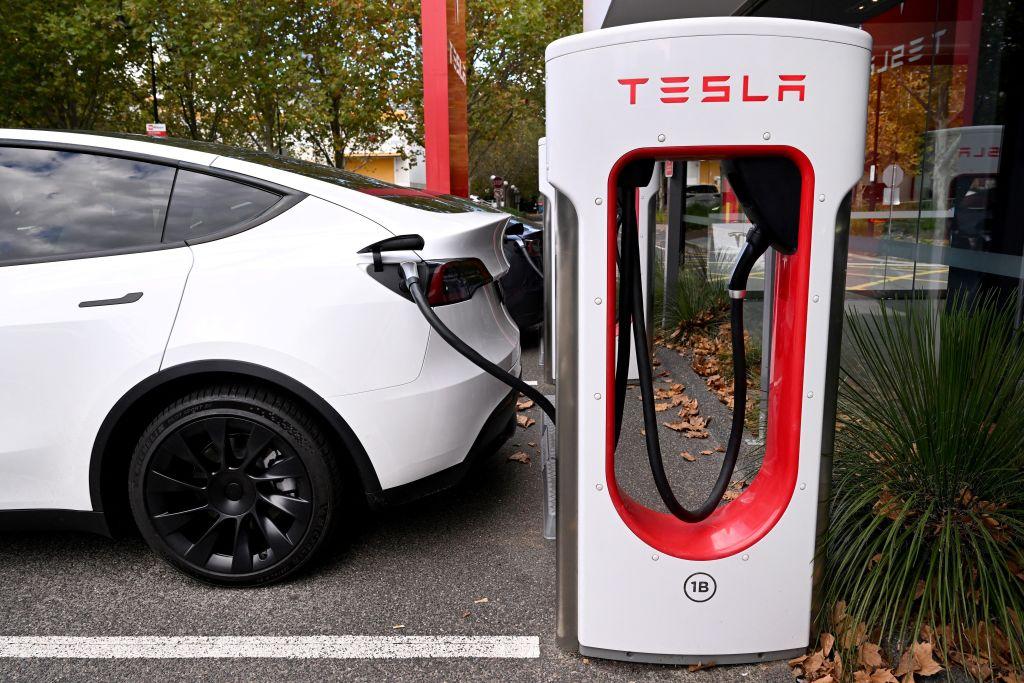The South Australia (SA) government has announced that petrol and diesel car drivers can face fines if they park their vehicles in areas designed for electric cars.
Electric car drivers will not be immune to the penalties either, as parking electric vehicles (EV) in signposted EV charging bays without using the charging facility would incur a similar penalty.




